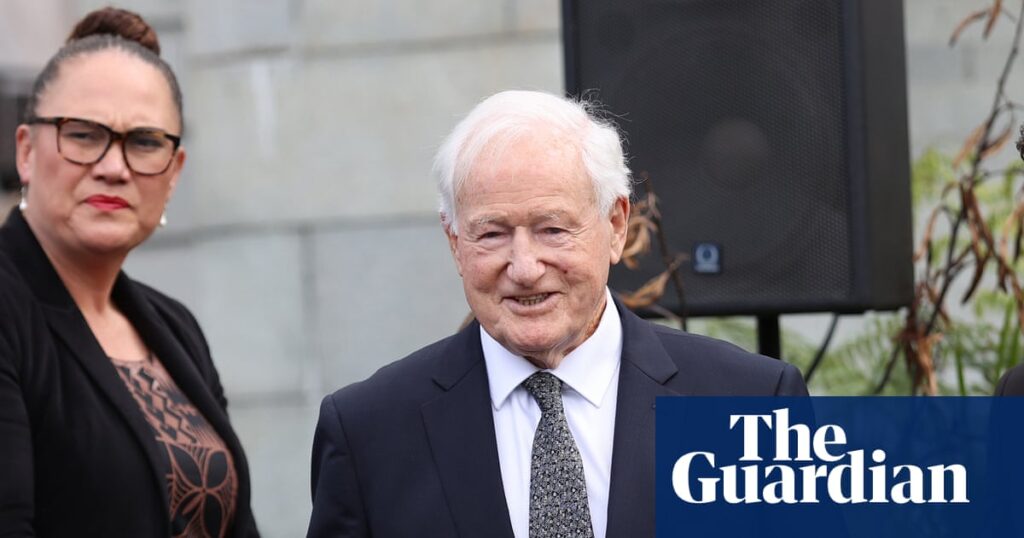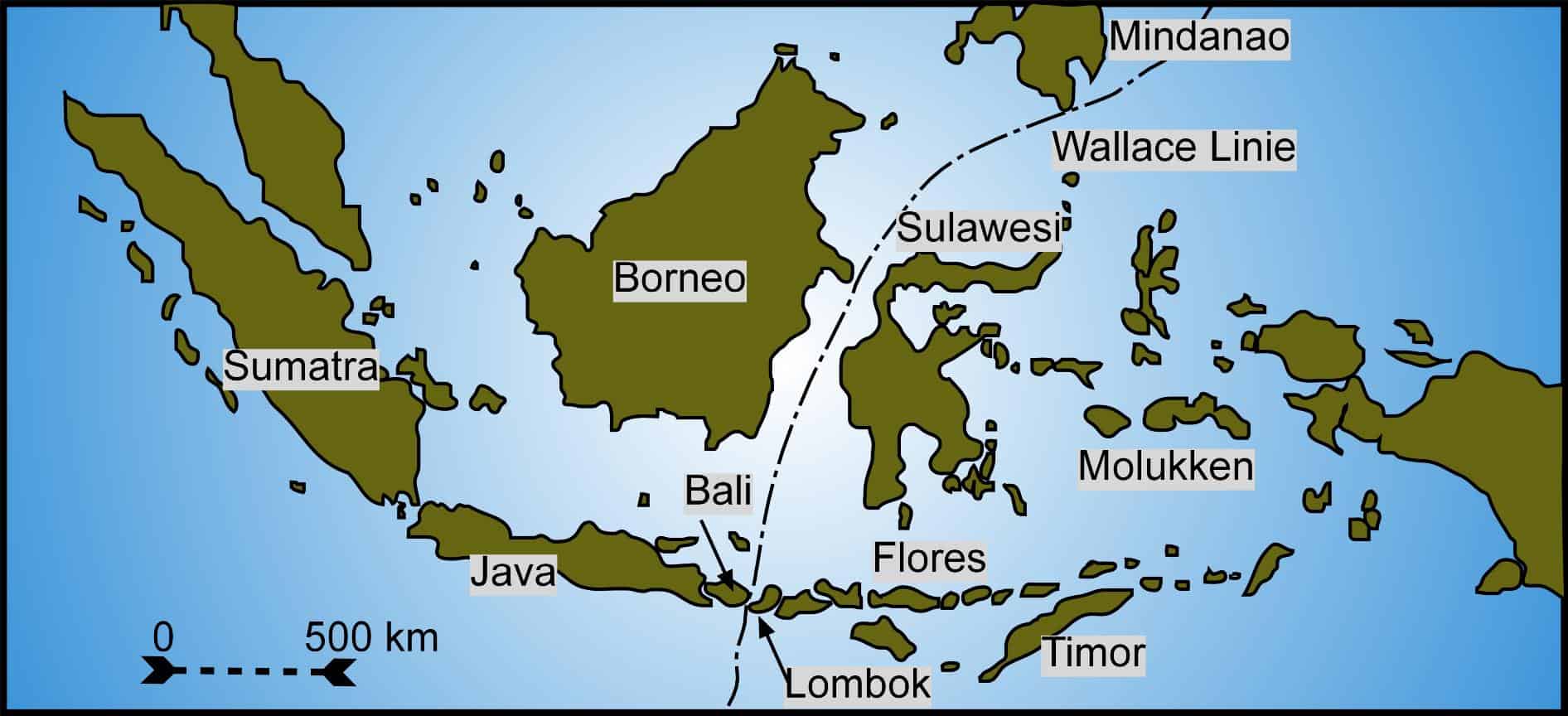
Former New Zealand Prime Minister Jim Bolger, renowned for his dedication to Māori reconciliation and his controversial economic reforms, has passed away at the age of 90. Bolger died peacefully, surrounded by his wife Joan, nine children, and 18 grandchildren, according to a family statement released on Wednesday. He had been battling kidney failure and was undergoing dialysis treatments.
Bolger, a former leader of the National Party, served as New Zealand’s Prime Minister from 1990 to 1997. His tenure was marked by significant political and economic shifts, including the implementation of the “mother of all budgets” in 1991, which involved substantial cuts to welfare and health spending. Despite the contentious nature of these reforms, Bolger is perhaps most celebrated for his efforts to reconcile with Māori communities, a legacy that continues to resonate in New Zealand’s political landscape.
Political Legacy and Tributes
Following the announcement of his death, political figures from across the spectrum paid tribute to Bolger, highlighting his high ideals and commitment to public service. Prime Minister Christopher Luxon described Bolger as a “principled and formidable colleague,” while Labour leader Chris Hipkins praised his humility and dedication. Hipkins noted Bolger’s later-life acknowledgment of growing global inequality, stating, “He could see that the concentration of wealth around the world was unsustainable.”
Bolger’s political journey began in 1972 when he entered parliament. He rose to become the leader of the National Party in 1986 and led the party to victory in 1990. After retiring from politics in 1998, he served as New Zealand’s ambassador to the United States until 2002.
Economic Reforms and Controversy
Bolger’s premiership was defined by his government’s economic policies, particularly the 1991 budget orchestrated by Finance Minister Ruth Richardson. The budget, which aimed to reduce government spending, was met with widespread public disapproval and nearly cost his government the subsequent election. Bolger’s administration also pursued privatization and labor market deregulation, leading to a decline in union membership.
In a 2017 interview with RNZ, Bolger disavowed neoliberalism, acknowledging its failure to deliver equitable economic growth. He stated,
“What growth there has been has gone to the few at the top.”
Champion of Māori Reconciliation
Bolger’s commitment to Māori reconciliation remains a cornerstone of his legacy. His government was instrumental in establishing the mixed-member proportional electoral system and advancing treaty settlements to address historical grievances stemming from the Treaty of Waitangi. These efforts culminated in the first settlements between Māori tribes and the government, a process Bolger described in his book, A View From the Top.
Reflecting on the settlement process, Bolger wrote,
“Something within me – perhaps it is my Irish heritage, which is that of a nation oppressed for centuries – demanded that I listen to the Māori story.”
Tukoroirangi Morgan, chair of the Waikato Tainui iwi, lauded Bolger’s contributions, stating, “Jim modernised the whole process of reconciliation in an effort to bring Aotearoa-New Zealand closer together.” Green MP Teanu Tuiono echoed this sentiment, emphasizing Bolger’s belief in historical justice and the importance of honoring the treaty.
Personal Beliefs and Honors
Bolger was a staunch republican, declining a knighthood after his political career. Instead, he was honored as a member of New Zealand’s highest order, the Order of New Zealand. His personal convictions and public service have left an indelible mark on the nation.
As New Zealand reflects on Bolger’s life and legacy, his contributions to both economic policy and Māori reconciliation continue to influence the country’s political and social fabric. His passing marks the end of an era, yet his impact will endure in the policies and principles he championed.







